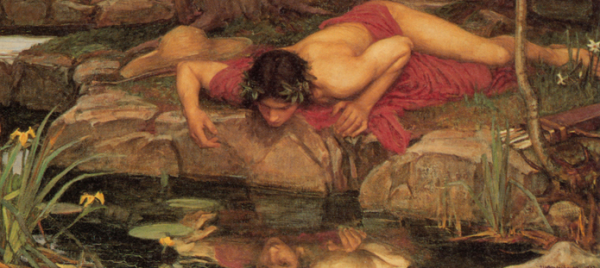CL220 - Myth & Meaning
Religion and myth of ancient Greece and Rome in relation to that of the ancient Mediterranean (Akkadian, Hittite, Sumerian, Egyptian). Female presence in art, literature and religion compared to treatment of women in their respective cultures. Theoretical approaches to the understanding of myth (Comparative, Jungian, Structuralist) in relation to myths as they are encoded in their specific cultures. Students may trace a myth through Medieval, Renaissance and modern transformations in art, music, poetry and film, or study myth in other cultures (e.g. Norse and Celtic). May meet either the Critical Perspectives: Global Cultures or Social Inequality requirement. Meets the Critical Learning: AIM requirement.
Degree requirement — Critical Learning: AIM
1 unit — Dobson
Previously Featured Offering

Offerings
| Term | Block | Title | Instructor | Location | Student Limit/Available | Updated |
|---|---|---|---|---|---|---|
| Spring 2025 | Block 7 | Myth & Meaning | Marcia Dobson | Cossitt Hall 101C | 25 / 13 | 08/17/2025 |
| Spring 2026 | Block 6 | Myth & Meaning | Marcia Dobson | TBA | 25 / 25 | 08/17/2025 |



